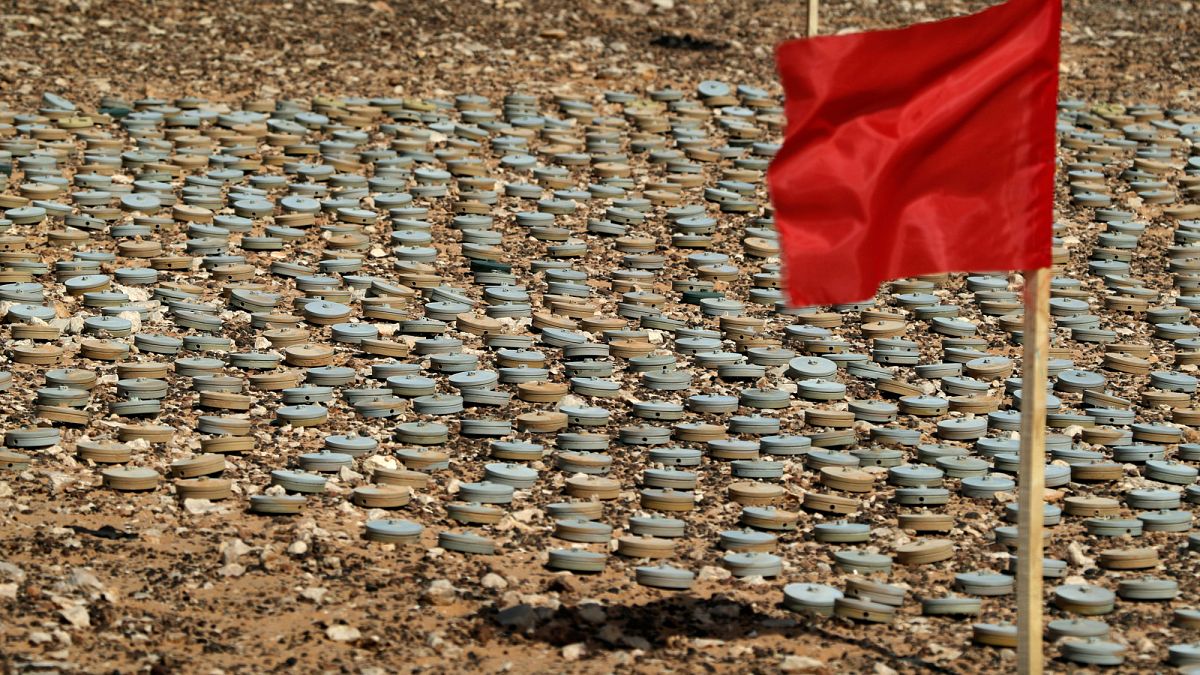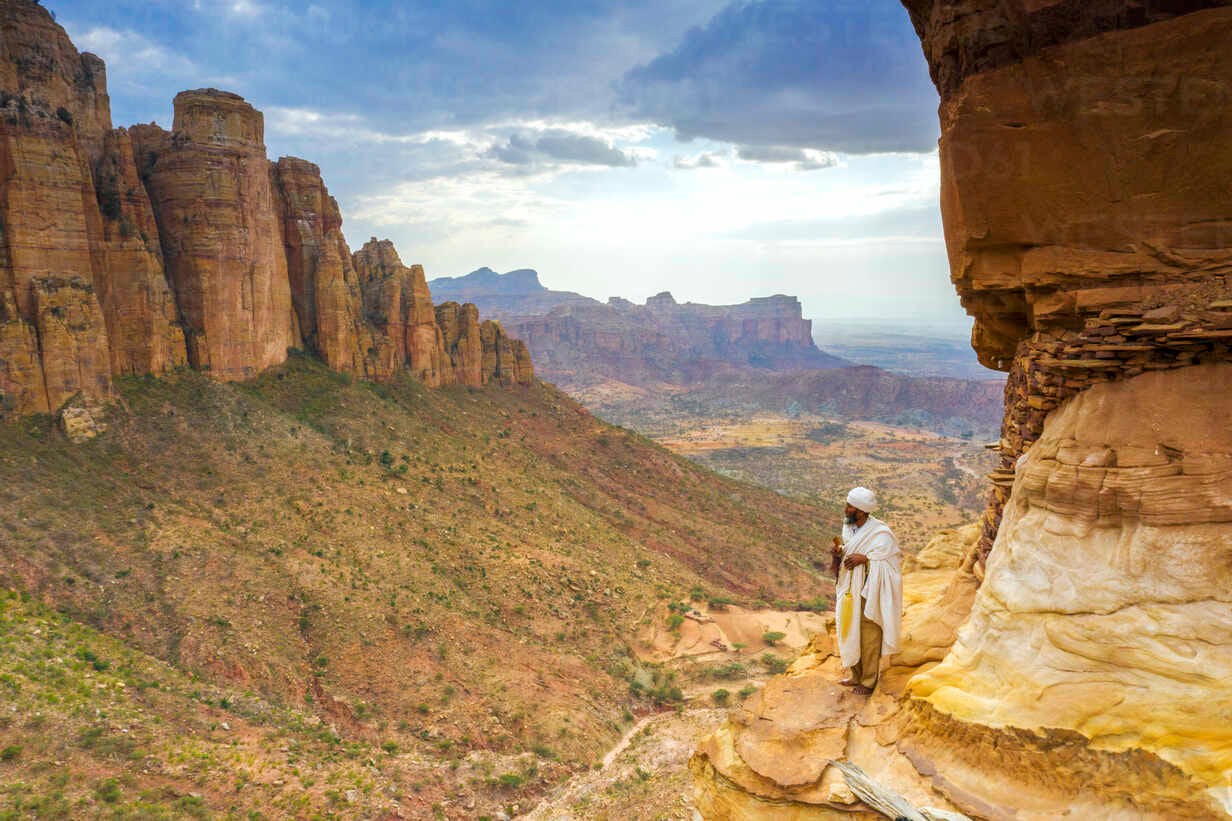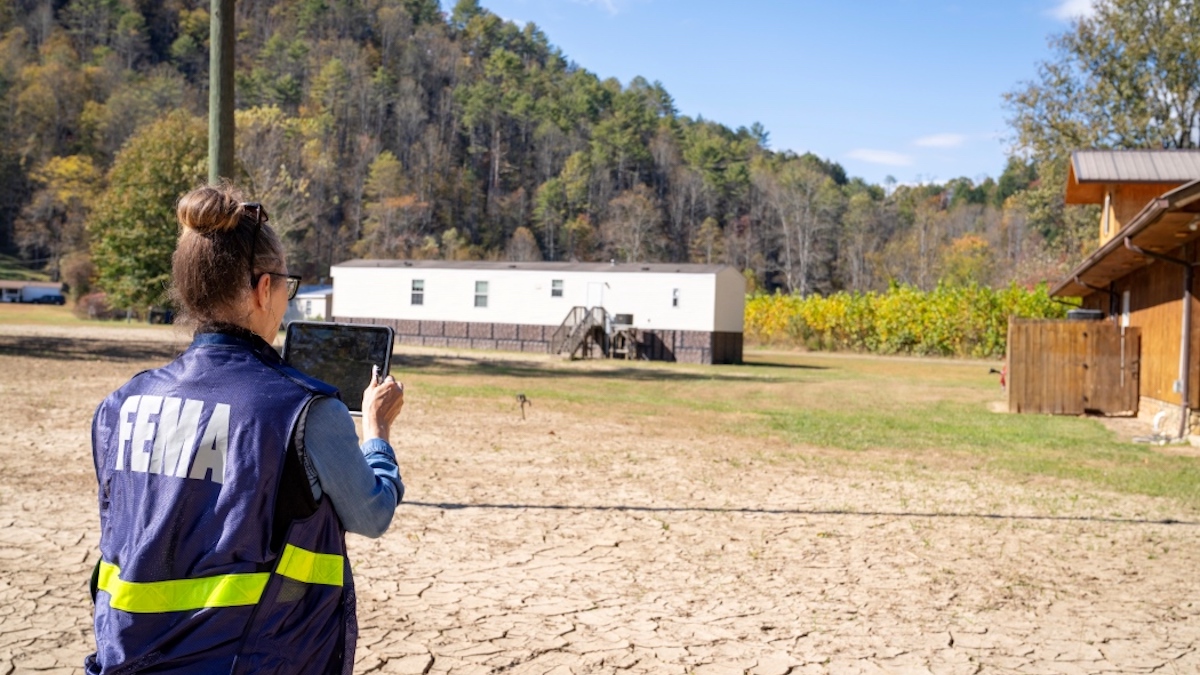The European Commission says national capitals need to increase migrant rescue missions, following the 14 June sinking of a fishing trawler off Greece that likely drowned over 500 people.
“Member states should step up on search and rescue. It is their core responsibility and they must take it,” said EU migration commissioner, Ylva Johansson, on Wednesday (12 July).
The comments come as Spanish authorities found the body of a small child, possibly three years old and likely a migrant, washed ashore near the Mediterranean city of Tarragona.
But Johansson stopped short of demands by some MEPs to create an EU-led search-and-rescue operation.
And the published version of her speech did not mention that “member states should step up on search and rescue”. It instead suggested the commission would step up and engage actively with member states for them to take necessary actions.
German socialist MEP, Birgit Sippel, during the debate, appeared exasperated.
“I don’t know how many times we and others in this house have been discussing these issues,” she said.
“The challenge and task is not all that complicated, ensure that we can have coordinated European maritime rescue missions with support from Frontex,” she added.
A draft resolution on the idea is set for a Thursday vote in the Strasbourg plenary of MEPs. A similar proposal by socialist MEPs in 2019 was rejected.
Instead, Johansson pressed the need to create more legal pathways, crack down on smugglers, and weave complicated partnerships with transit and origin countries.
“We will implement talent partnership for labour migration, and in October I will propose an EU talent pool to match talent with employers,” she said.
But she also cited anti-smuggling partnerships with Niger, Morocco and Tunisia, posing questions on accountability given questionable governance of the respective states.
Tunisia autocrat and the EU
EU focus on Tunisia has since been stepped up given, in part, to the large departure of migrants leaving on boats towards Italy.
According to data from the UN refugee agency (UNHCR), almost 26,000 people departed by sea from Tunisia in the first five months of this year, followed by almost 23,000 from Libya.
The people leaving Tunisia were mostly nationals from the Ivory Coast, Guinea and Tunisia.
The country is also at the brink of economic collapse, sparking additional fears among the EU leadership that it will trigger even more departures towards Europe.
In late April, Johansson travelled to Tunis in order to negotiate a deal “to prevent irregular migration and also to foster legal migration.”
This was followed in June with a visit from European commission president Ursula von der Leyen, along with the prime ministers of Italy and the Netherlands.
The trio then offered Tunisia’s autocratic president Saied some €1bn as part of a five-pillar package.
In a letter to EU leaders ahead of a summit in June, von der Leyen said that progress was already being made to stop migrant departures from Tunisia.
This includes a new financial package of €105m to shore up Tunisia’s border management, in addition to boats, mobile radar, vehicles and cameras to be delivered this summer.
Sub-saharan African migrants have since then been rounded up en masse, beaten, and dumped at the borders with Libya and Algeria.
But that cooperation with the Tunisia government has also riled MEPs across the political divide.
“We now see a situation where political prisoners are back in Tunisia, which we have not seen since Ben Ali,” said German centre-right MEP Michael Gahler.
“The European Union has let it happen and has actually continued business as usual,” he added.
Matjaž Nemec, a Slovenian socialist MEP, made similar comments.
“The European Union cannot be part of, complicit in the breakdown of the Tunisian democracy by president Said,” he said.
Mounir Satouri, a French Green MEP, noted that the European Parliament will also have to give its opinion on the €1bn deal with Tunisia.
The European parliament had in March passed a resolution against the crackdown on journalists, trade unions and the freedom of expression in Tunisia.




















Discussion about this post